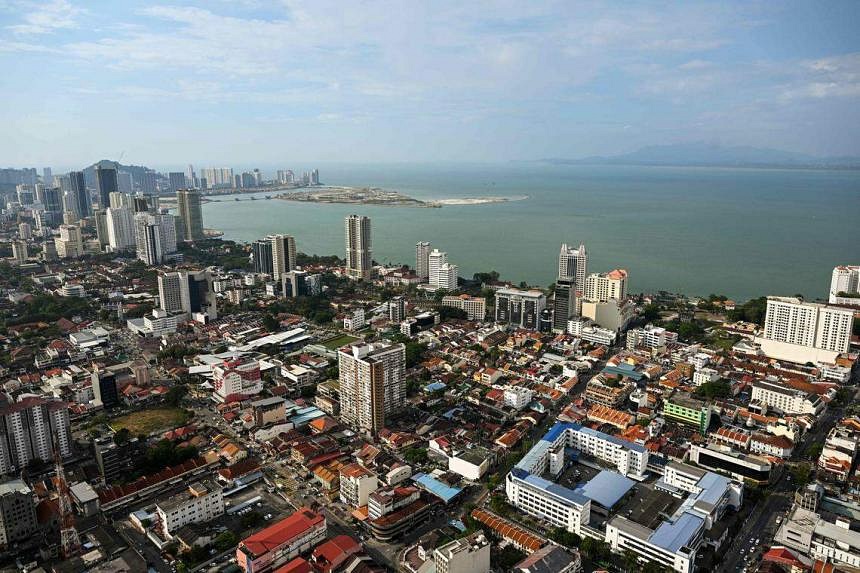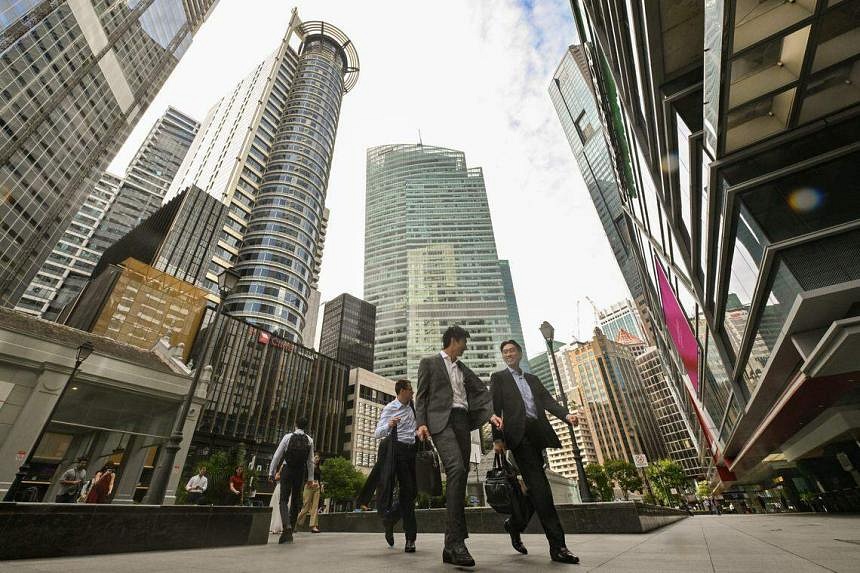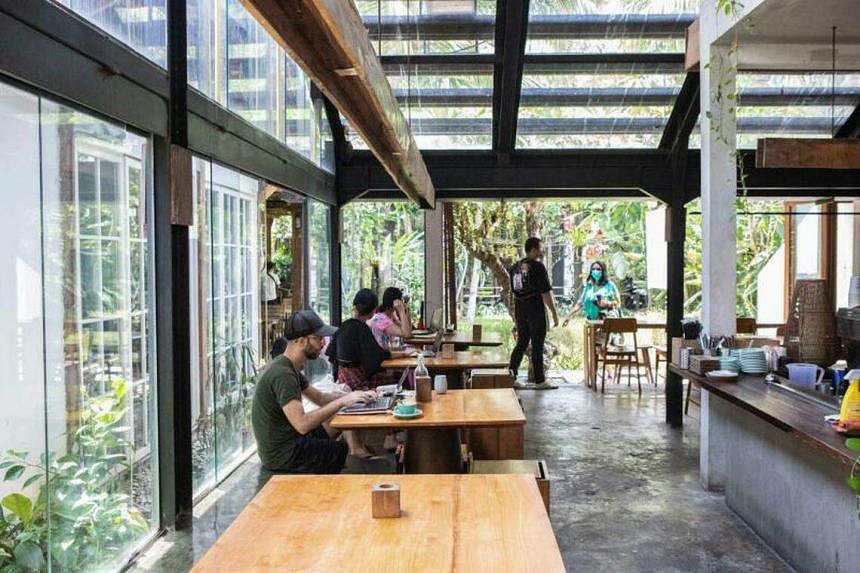South-east Asia is becoming a magnet for foreign retirees, professionals and high net-worth individuals looking for an idyllic place with friendly people to live in, not least because governments here provide incentives for them to do so. But are there trade-offs for locals and how are these mitigated?
‘Live like a king’: South-east Asia’s special visas lure wealthy and highly skilled foreigners

PHOTO: COURTESY OF STEVEN JOHNSON
American Steven Johnson often sits inside a wooden hut in Cavite, a province south of the capital Manila, as he records videos teaching other expatriates what they need to do to live the rest of their days in warm and sunny Philippines.
Mr Johnson, 59, was a school safety officer in the United States. But since moving to this South-east Asian country five years ago after retiring from his day job, he has become a YouTuber running “The Philippine Info Channel” catering to mostly Westerners hoping to retire in the Philippines.
He also leads a support group of about 150 foreign retirees, some of whom are raising children with their Filipina partners like himself.
Penang’s easy living is big draw for expats looking to retire

PHOTO: AFP
It may not be a fantasy island, but Malaysia’s Penang, touted as one of the best places to retire in the world, lures foreign expatriates with its relatively low cost of living, beautiful beaches and seafront properties, a relaxed pace of life, and friendliness to tourists.
Where the island has a leg up over other destinations in Indonesia, Thailand and Vietnam, is also its excellent health infrastructure, the preponderance of English-speaking people and a long-term visa option for non-Malaysians wanting to retire.
Ms Marie Luxa, an Australian who retired in Penang in 2016, said those reasons led her and her husband to choose this northern Malaysian city over other options.
Indonesia refines digital nomad rules, aiming for wealthier expats

PHOTO: ISTOCKPHOTO
Indonesia is recalibrating the visas it offers to expatriates working remotely as part of an effort to attract highly skilled and monied foreigners.
This is because of worries that the current crop of young, not-so-well-off digital nomads are abusing their visas to ride roughshod over local mores and work illegally.
In December, the government introduced its Second Home visa allowing foreign nationals that can deposit 2 billion rupiah (S$174,869.18) in one of the country’s state-owned banks stays of up to a decade.
Steady interest in Singapore’s One Pass, Global Investor Programme

ST PHOTO: LIM YAOHUI
There is steady interest for both a new work pass aimed at top foreign talent, and a scheme that awards permanent residency to major foreign investors, as Singapore plays to its strengths over those of its neighbours.
These talents and investors are drawn to the Republic for its business opportunities in cutting-edge sectors, good governance and high quality of life, despite employment and investment schemes with onerous rules and a higher cost of living, said immigration and talent watchers.
Since Jan 1, top foreign talent who earn $30,000 in gross monthly salary or more from a single employer, among other criteria, are able to apply for the Overseas Networks and Expertise (One) Pass, unveiled by Minister for Manpower Tan See Leng in August 2022.
Ticket to paradise: Special visas offered to foreigners in South-east Asia

PHOTO ILLUSTRATION: PEXELS
With tropical weather and a largely low cost of living, South-east Asia is a popular destination for foreigners looking for a place to retire in or work remotely from. Countries are also making it more attractive for them to come by offering special visas.
Here’s a look at some of the visas being offered.
- alf9872000
-

 1
1



Recommended Comments
There are no comments to display.
Join the conversation
You can post now and register later. If you have an account, sign in now to post with your account.
Note: Your post will require moderator approval before it will be visible.